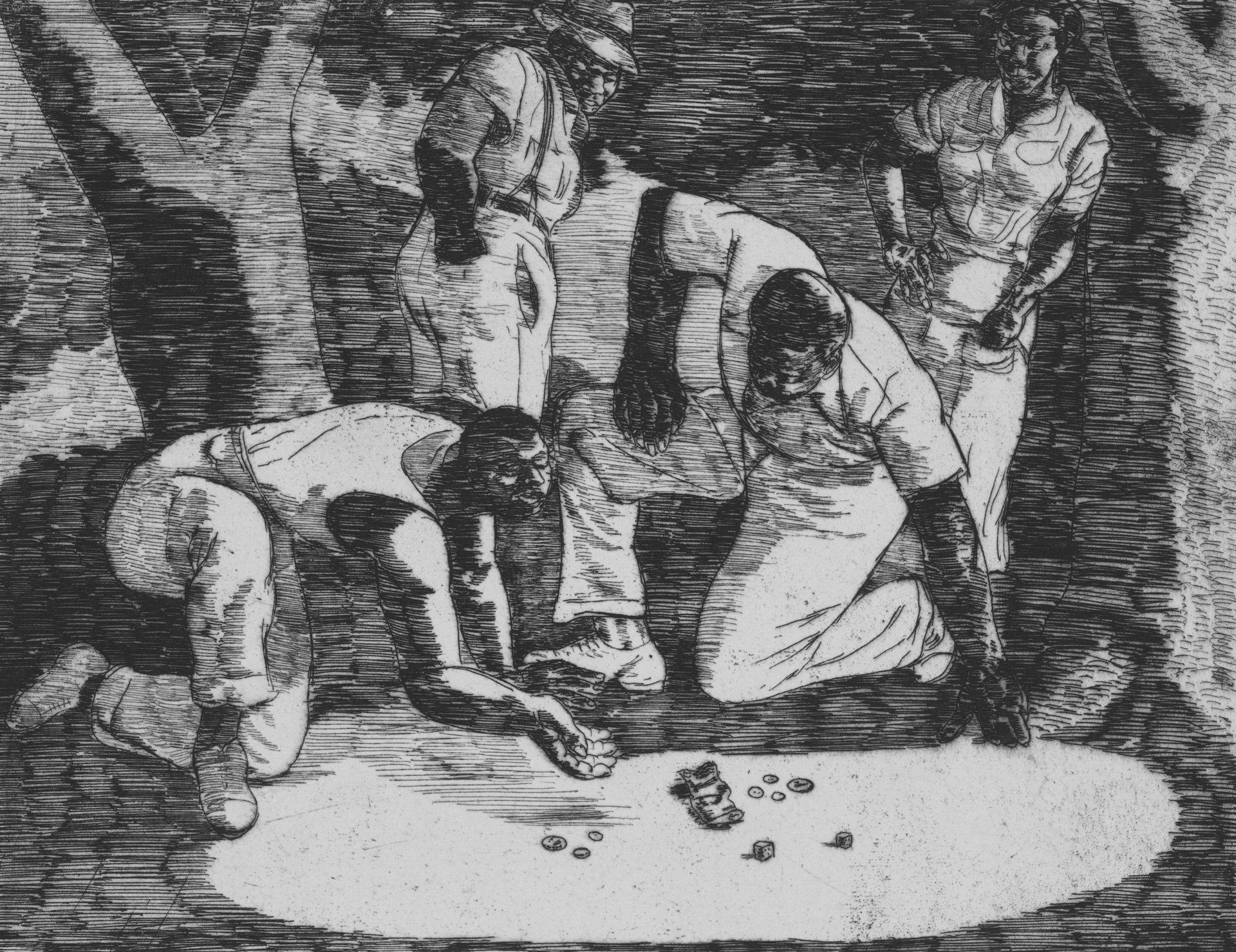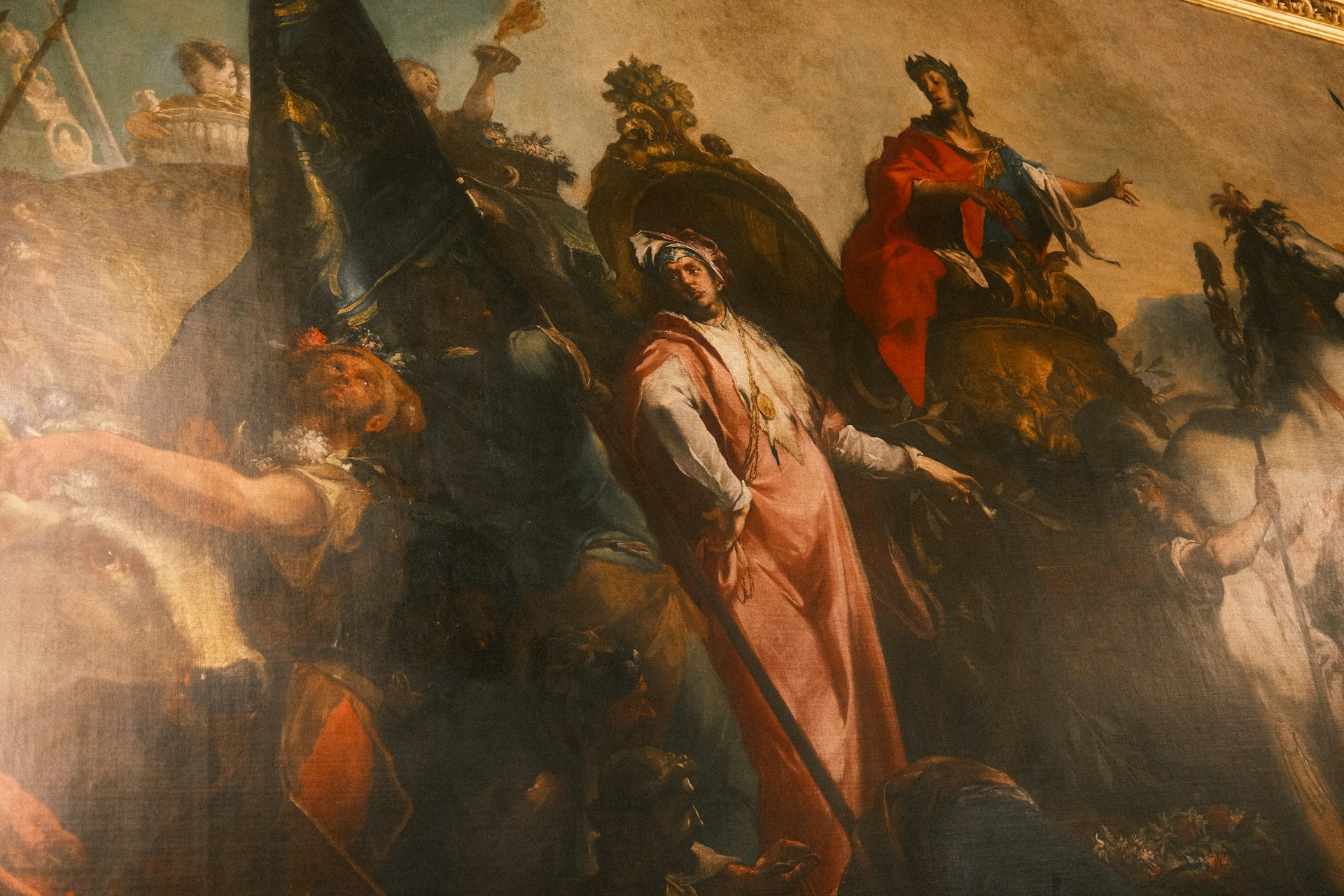Unveiling the Untold Stories of World War II: Hidden Narratives and Lasting Impact

Photo by Tom Swinnen on Unsplash
Introduction: Why Untold Stories Matter
World War II affected millions, but many of its most compelling stories remain largely unknown. Exploring these untold narratives-ranging from atomic veterans’ experiences to the plight of orphans and the unique circumstances of POW labor in the U.S.-deepens our understanding of the war’s true impact. This article examines several of these hidden histories, provides actionable guidance for further exploration, and explains how you can help preserve and uncover more.
Atomic Echoes: The Human Cost of Nuclear Warfare
The bombings of Hiroshima and Nagasaki marked a turning point in world history, but the repercussions for those directly involved-both Japanese civilians and American military personnel-are less often discussed. The documentary
Atomic Echoes
spotlights these untold stories, following the lives of atomic veterans and survivors as they grappled with trauma, health risks, and societal changes in the aftermath of the bombings. Victoria Kelly, whose grandfather was among the first Americans to enter Nagasaki after the blast, uses her family history and research to spotlight these experiences, offering a personal and poignant perspective on this chapter of the war
[1]
.
To watch
Atomic Echoes
or engage with its creators, you can access the documentary through PBS, the official PBS website, or the PBS App. For those seeking additional information on atomic veterans, consider contacting veterans’ advocacy organizations or searching the U.S. Department of Veterans Affairs for resources related to nuclear test participants.
Researchers or descendants interested in learning more about atomic veterans may:
- Search official government archives for declassified documents on post-war nuclear testing and personnel lists.
- Contact established veteran advocacy groups for support and oral history projects.
- Consult books and articles by Victoria Kelly, whose work has been recognized for its depth and authenticity [1] .

Photo by Vikram Aditya on Unsplash
POW Labor Camps in the American Heartland
The presence of over 4,000 German and Italian prisoners of war (POWs) in Minnesota during WWII is a narrative rarely told outside local communities. The documentary
Held in Minnesota: Untold WWII POW Stories
reveals how POWs filled critical labor shortages on Minnesota farms and formed unexpected relationships with local residents. These interactions often challenged wartime prejudices and left lasting impressions on both prisoners and Americans
[2]
.
For those interested in tracing POW histories or learning about related communities:
- Start by visiting local historical societies or state archives, which often maintain records of POW camps and related oral histories.
- Interview elders or community members in affected areas, as many personal stories have been passed down through generations.
- Look for documentaries and academic works produced by regional PBS stations, such as Pioneer PBS, which provide detailed context and community perspectives [2] .
Challenges in researching POW stories may include incomplete records or language barriers. To overcome these, consider reaching out to university history departments or public libraries with specialized WWII collections.
The Orphans of War: Children Left Behind
The devastation of World War II left millions of children orphaned, with some of the worst-affected populations in Eastern Europe. In Poland, for example, the upheaval led to the creation of massive transit camps and international relief efforts. Documentaries, such as those produced by Deutsche Welle (DW), chronicle the experiences of these children, from their harrowing journeys to the post-war rehabilitation camps that became their temporary homes [3] .
If you’re seeking to learn more about war orphans or connect with support organizations:
- Explore the archives of international relief agencies, such as the International Red Cross, for historical records on displaced children.
- Consult the United Nations High Commissioner for Refugees (UNHCR) for documented oral histories and survivor registries.
- Investigate local and national museums, especially those in Poland and other heavily affected countries, for exhibits and curated narratives on child survivors.
Descendants of war orphans or those researching family histories should consider using genealogy websites, searching for records in national archives, and connecting with survivor networks that may provide leads or context for further investigation.
Special Operations and Clandestine Missions
Some of WWII’s most dramatic untold stories involve covert operations. The TV documentary
Untold Stories of World War II
explores missions such as the sabotage of Nazi Germany’s heavy water production in Norway, which was pivotal in hindering Nazi atomic research. It also examines the lesser-known role of Japanese midget submarines in the Pearl Harbor attack, illustrating the complexity and reach of wartime espionage
[4]
.
For those interested in clandestine operations:
- Start with reputable documentaries and books recognized by academic and historical institutions.
- Consult the official archives of agencies such as the U.S. National Archives and Records Administration (NARA) or the UK National Archives for declassified mission files.
- Use established academic databases like JSTOR or ProQuest for peer-reviewed research on WWII covert operations.
Given the nature of secret missions, some records remain classified or fragmented. Persistence and collaboration with experts can yield new insights.
How to Uncover More Untold Stories
Anyone can contribute to uncovering and preserving the lesser-known histories of World War II. Here are actionable steps to get started:
- Conduct Personal and Community Interviews: Speak with family members, neighbors, or local veterans whose stories may not be widely known. Oral histories provide invaluable perspectives and can often be submitted to local or national archives for preservation.
- Utilize Official Archives: Search the U.S. National Archives, state libraries, or equivalent institutions in other countries for WWII documents, photos, and correspondence. Many archives offer digitized records and searchable databases.
- Engage with Veterans’ and Survivor Organizations: Many organizations facilitate oral history projects or provide platforms to share stories. Consider contacting the U.S. Department of Veterans Affairs, the American Red Cross, or local historical societies for guidance on submitting or accessing records.
- Document and Share Findings: Record interviews, digitize old photographs, and write down family stories. Sharing these materials with museums or online portals can help ensure they are preserved for future generations.
- Explore Documentaries and Books: Seek out well-reviewed films and literature that address lesser-known aspects of WWII. Many are available through public broadcasters or libraries.
If you are unsure where to begin, consider searching for “WWII oral history projects” or “World War II survivor archives” in your region. Libraries, universities, and established historical organizations are excellent starting points.
Potential Challenges and Solutions
Researching untold WWII stories can be challenging due to incomplete records, language barriers, or restricted access to archives. To address these issues:
- Incomplete Records: Supplement official documents with oral histories and secondary sources such as published memoirs or local newspapers.
- Language Barriers: Use translation tools or seek help from bilingual volunteers in historical societies or universities.
- Access Restrictions: Many archives now offer online access or can process remote requests; always check the official website for guidance before visiting in person.
Alternative approaches include participating in online forums or genealogy networks, where crowd-sourced information and expertise can aid your search.
Key Takeaways
The untold stories of World War II reveal the war’s far-reaching effects on individuals and communities. By learning about atomic veterans, POW labor camps, orphans, and covert operations, we gain a richer, more nuanced understanding of history. Whether you are a researcher, family member, or simply curious, numerous pathways are available to uncover, document, and share these vital narratives.



